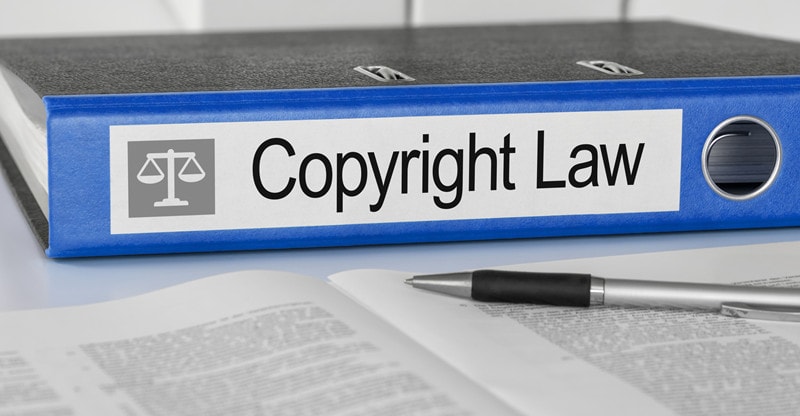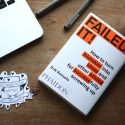What Should You Do in Case of a Copyright Infringement?
Do you know that 85% of the billions of images uploaded each day to the internet end up being stolen?
In the US alone, copyright infringement cases have grown rapidly over the past few decades. As everything becomes more accessible with a single click, more cases of stolen content are reported. If you are a content creator, this can be a very critical issue for you. You have poured hours of work in creating your original work, whether it is in the form of artwork, music, video, written articles, etc.
With all the time and effort you invested in your projects, it is only right for you to protect your work. If you find yourself in an unfortunate situation where you have to fight for your rights, check out our guide below to help you successfully deal with a copyright infringement case.
What Is Copyright Infringement?
Before you go through the whole process of dealing with a copyright infringement case, it is best to have a clear understanding of your exclusive rights as an owner of copyright material. As an owner of a copyright, you are entitled to reproduce and distribute your work. You also hold the right to create derivatives of your original work and perform or display your work in public.
As a copyright owner, you are protected by the copyright law for your entire life, plus an additional 70 years. Copyright infringement only occurs if you have a valid copyright claim, the infringer must have access to your copyrighted work, and the duplication of your copyrighted work is not included in the exceptions of the copyright law.
The Digital Millennium Act of 1998
Did you know that you can easily take down copyrighted material online without directly dealing with the infringer through the help of the Digital Millennium Copyright Act? The Digital Millennium Copyright Act of 1998 is a federal copyright law in the United States that allows you to have your copyright materials removed from online platforms. Legal experts from Revision Legal explain that the DMCA encourages this approach because it is particularly faster and only takes a few days.
For instance, if another person copies your content online, you may just contact the website host to request the removal of the copyrighted material. Once these entities are made aware of the copyright infringement, they will block the access of the other party to the stolen content.
Reach Out to The Right Contact Person
On the classic approach of dealing with a copyright infringement case, the first step is contacting the appropriate person. Once you have found that your work has been copied, immediately contact the person who used your work without your permission.
It is best to prepare a concise formal letter stating that your work has been used without your permission and request to have it taken down. It is also smart to gather evidence relevant to the case to support your claim. Make sure to document your attempts to reach out to the infringer as this can be helpful in taking the next step of legal action.
Cease and Desist Copyright Infringement Letter
If you have already tried contacting the infringer multiple times and failed to get any response nor has your stolen work been removed from their website, then it is time to notify the infringer about how he or she is violating your exclusive rights as the copyholder by sending a cease and desist letter.
This letter is very important as it informs the infringer about the legal consequences of not putting a halt to the infringing actions they have taken by a certain date and also serves as a last warning to the other party. It is also critical for you to send this letter as this can put a stop to defamation, harassment, and more copyright infringement issues. The letter must include a description of what was stolen, along with the proof that you are holding the exclusive rights to your work.
You should also state in the letter the negative consequences of the infringing activity, a warning to pursue legal action if the infringement has not stopped, and a deadline for when the infringing actions must stop. If the behavior persists, you may take your case to court.
If you face any case of copyright infringement, it is best to directly approach the infringer first to settle the matter. You may also rely on the assistance of the DMCA to have your stolen materials removed from online platforms. However, if the offending party continues its infringing activity, it is best to take legal action.



